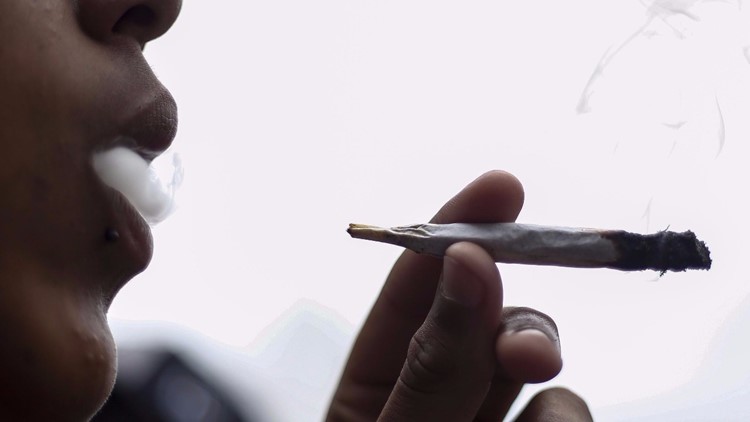In California, many people began 2018 by lining up to buy recreational marijuana.
California joins seven other states and Washington D.C. to legalize weed. The state is now the largest market for legal marijuana in the country—and experts believe it could generate at least a billion dollars in tax revenue each year.
With Massachusetts up next to start selling recreational pot, legalization advocates believe Rhode Island, Vermont, Connecticut, New Jersey, and Delaware could be the next states to pass recreational marijuana laws.
But what about Florida?
"Things are happening now very very quickly," said Pete Sessa, co-founder of the Florida Cannabis Coalition and an advocate working with Regulate Florida, the group attempting to get a proposed constitutional amendment to legalize recreational marijuana on the state ballot.
In Nov. 2016, an overwhelming majority of Florida voters—71 percent—approved medical marijuana use.
Given that kind of backing and the recent movement in California, Sessa believes the momentum is on the side of marijuana proponents in Florida.
"(California shows) it can be done, you have one of the biggest economies in the world that just legalized marijuana," Sessa said.
Regulate Florida's proposal would allow for the sale of up to one ounce of cannabis to adults 21 and older and set up a regulatory framework to allow adults to grow up to six flowering plants per household if the growing is done in a locked, indoor greenhouse and the product is not later sold.
Public perception nationally continues to shift in favor of outright legalization. A 2016 Quinnipiac poll found that 56 percent of Florida voters are in favor of legalized use and possession of marijuana for adults. Nationwide, Americans' support for full marijuana legalization has skyrocketed from less than 20 percent to more than 50 percent in just the last 20 years.
But Sessa says he believes there's something even stronger driving the momentum.
"Once business starting taking an interest in cannabis you saw a lot more money pump into activism in order to be able to make these things happen," he said.
One recent study in California estimated that ending its prohibition will likely have a $5 billion impact. Nevada saw $3 million in sales and $500,000 in tax revenue during its first four days of legal sales last week, according to news reports.
Any successful ballot drive in Florida for a constitutional amendment requires more than 750,000 petition signatures, likely millions of dollars, and at least 60 percent of support from voters.
"I don't believe we'll see cannabis legalized for adult use in 2018, but I absolutely believe in 2020, we'll see that here in Florida," Sessa said.
Marijuana advocates could also face a challenge beyond their own ballot initiative. A lawsuit was filed against the state over lawmakers' decision not allowing medical marijuana patients to actually smoke the drug, limiting use to marijuana-infused oils and substances that can be "vaped." Some have suggested that Florida would need to allow cannabis smoking for full legalization to work.
►Make it easy to keep up-to-date with more stories like this. Download the 10 News app now.
Have a news tip? Email desk@wtsp.com, or visit our Facebook page or Twitter feed.



